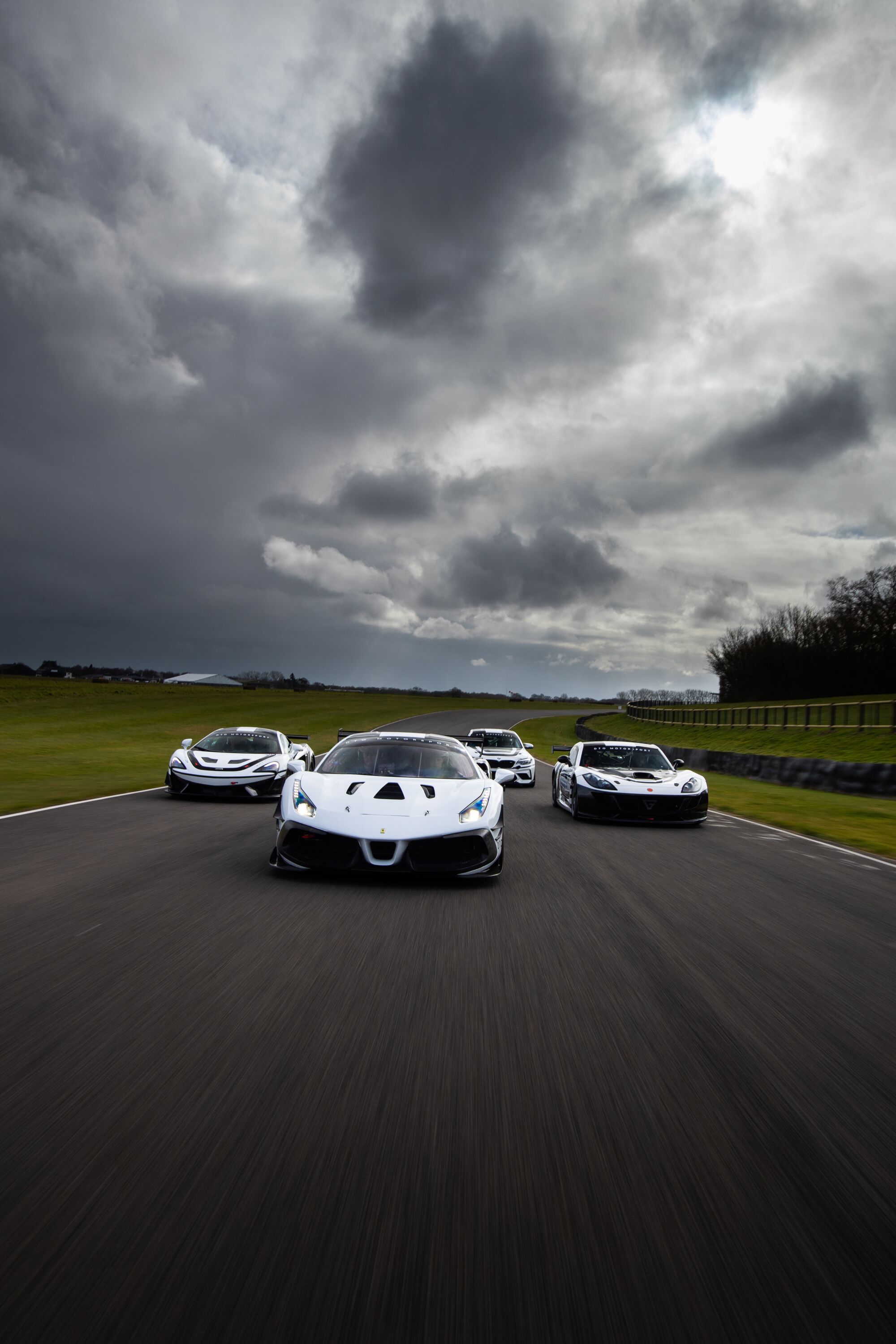Thank Frankel it's Friday: How the Porsche GT2 RS won me over to turbocharging
 Andrew Frankel
Andrew Frankel
In most areas of my life, I am not what you would call a traditionalist. Most of the time I don’t believe the good old days were anything of the sort, and the fact that those lucky enough to live in the developed world today live longer, healthier and, I am given to understand, generally happier lives would seem to support the contention. With cars, however, I make an exception.

Car manufacturers are often so hell-bent on making progress they don’t pause to consider whether it is in the right direction or not. Is a key you can lose anywhere in the car or which can be inadvertently taken away while the engine is still running really proper progress? Is electric power steering that might save you a tank of fuel over the lifetime of the car, yet which spoils the feel of that car every time you drive it, really the right way for a sportscar to go? Is it actually that smart to make a car so heavy with crash protection equipment it makes it more likely to have the accident in the first place? Not if you believe prevention to be better than cure. Legislators are no better: in a year when global CO2 levels are predicted to start rising again to new all-time highs after a three year plateau, how smart is it to run diesels off the road when they produce 20 per cent less of the stuff than petrol engines, and need only proper regulation to be clean?
I digress: in the world of fast modern cars, I guess my two longest, loudest laments over the last ten years or so have concerned the replacement of manual gearboxes with paddle shifts and normally aspirated engines with turbocharged units. I understand the market forces that have lain behind both trends and I’d not be so arrogant to suggest I was categorically right and all those who bought two pedal, forced induction cars while alternatives remain are entirely wrong; but still, I miss them. I miss the physical engagement of gears, miss the additional dimension of involvement the process brings.I used to take pride in driving cars as smoothly as I could, matching downshifts with accurate blips of the throttle, and while there remain many cars that still provide for this possibility, so too are there many that do not. The normally aspirated engine is a far more endangered species still: I recently did a test of 11 high-performance cars of every kind from hatchbacks to supercars via coupes, saloons and even one estate and of them all, just two were not turbocharged, and one of those was a Caterham. I miss the noise, the throttle response and ability to rev.
Porsche has always provided the most instructive example. All the 911 GT2 models it has produced since 1995 have been turbocharged and there’s not been one I preferred to the cheaper, normally aspirated GT3 of the same era (or Carrera RS for the air-cooled ‘993’ equivalent). But at least they all directed their power to the rear wheels via six-speed manual boxes. The brand new GT2 RS removes even that avenue of enjoyment from the driver. What’s more, the last one made in 2010 scared me witless with ‘just’ 610bhp. What would this one do with 691bhp?
Amaze and enthral, that’s what. For a start Porsche has made no attempt to take the rough edges off its voice so it sounds like a slightly quieter version of a 935 K3 race car. What it has done is transform the way the engine responds to your right foot, so while it can still accelerate faster than most cars can brake (yes, really) its power delivery is so sophisticated you can drive it as hard as you like around a very fast race track and not have a moment’s concern. I know this because I did. By contrast, the 2010 car always made you think it was just waiting for a moment to mug you and, as I found out though thankfully not to anyone’s considerable cost, it wasn’t joking.
You might think the new GT2 RS might be the kind of car you hand back to its keeper just relieved it’s in the same number of pieces as you found it, but nothing could be further from the truth. If they’d let me I’d have driven it until it ran out of fuel, rubber or both.
Which leaves me in a rather tricky position. For if I think about the cars that have really lit the fire behind my eyes in the last two or three years, they are the GT2 RS, the Ferrari 488GTB and the McLaren 675LT. What do all three have in common? Paddle shift gearboxes and turbocharged engines.
What am I to make of this? Am I changing or is it, in fact, the technology that has over time minimised the traditional shortcomings of these systems? So far as the engines are concerned, the latter is undoubtedly true: though the very best turbo engines still don’t sound as good as normally aspirated equivalents like the V10 in the Lamborghini Huracan, turbo lag is essentially a thing of the past. They rev too, in the McLaren’s case past 8000rpm. And as the Porsche showed, even 691bhp can now be extracted from just 3.8-litres of engine and delivered entirely controllably, even with stability systems disabled. The result: this is the first GT2 I’d choose to drive in preference to the same generation GT3.
But gears are a different matter, and the GT2 has become my favourite 911 despite rather than with the assistance of its flappy paddles. Such transmissions may make a car quicker over a lap and certainly easier to drive, but when it comes to the simple business of driving pleasure, I’ve always preferred there to be three pedals in my footwell, and always will.
thank frankel it's friday
andrew frankel
Porsche
911
GT2 RS

Andrew Frankel
Thank Frankel it’s Friday: Driving the new Porsche 935 up the hill at FOS

Andrew Frankel
Thank Frankel it's Friday: Which is the best Porsche RS?

Andrew Frankel
Thank Frankel it's Friday: I'd wear a tutu just to drive a Ferrari at Fiorano































































